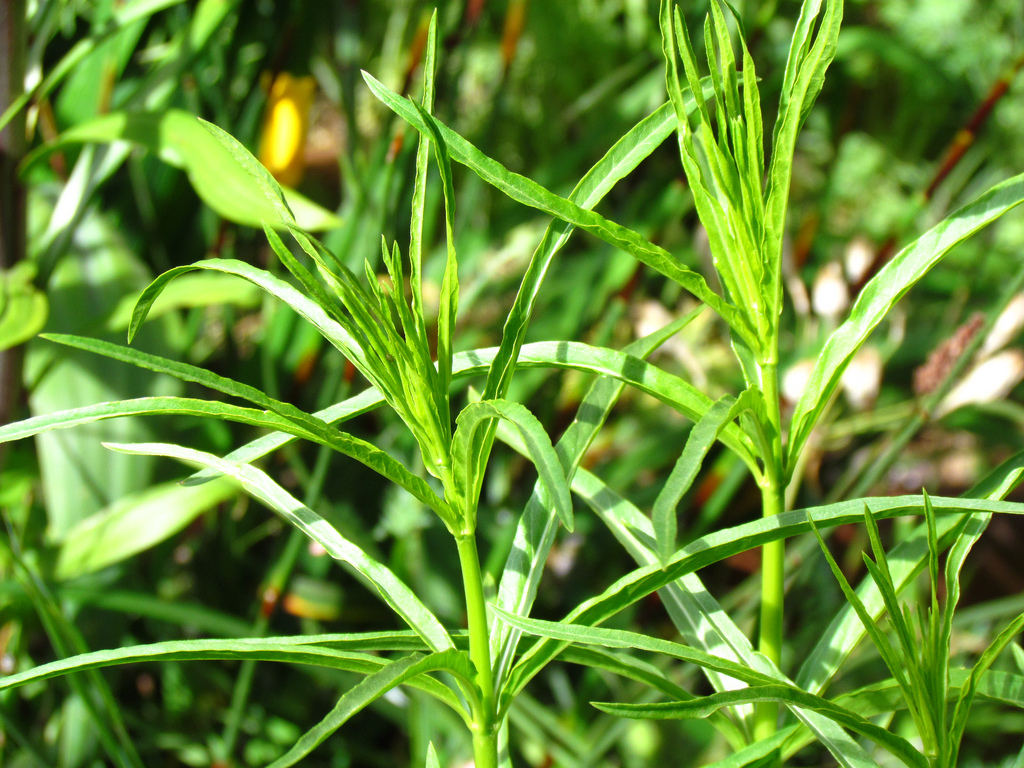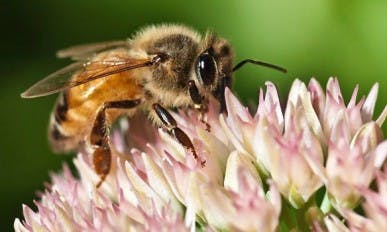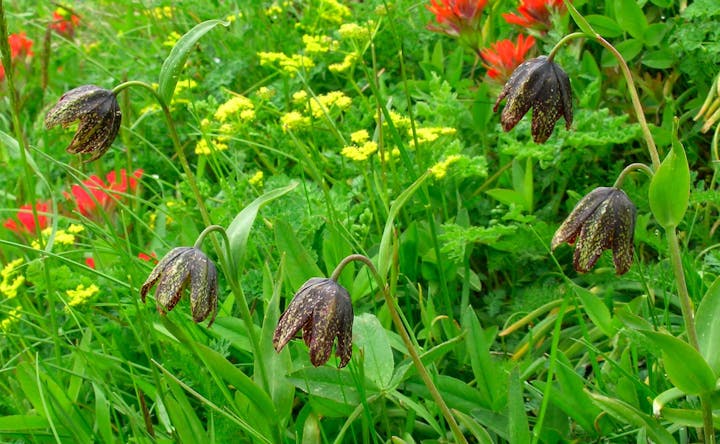Narrow-leaved Milkweed | Asclepias fascicularis




Narrow-leaved milkweed is an important host plant for many native pollinators including monarch, swallowtail, and striated queen butterflies, beetles, wasps, and bees. Due to loss of habitat and other environmental factors, monarch butterflies have been in decline. They are currently being considered for listing under the Endangered Species Act. Monarch butterflies depend on different varieties of milkweed plants during every stage of their lifecycle for food, reproduction and shelter. Narrow-leaved milkweed is an important nectar source for monarchs. Large patches of milkweed are much more beneficial to caterpillars than solitary instances. If predators approach, the caterpillars drop to the ground to hide and are most likely to find a nearby plant to climb back up if they are in dense clumps. The plants contain a toxic alkaloid which makes monarchs and other butterflies that feed on them toxic to certain predators.
Butterflies are not the only reason to plant this attractive plant. Narrow-leaved milkweed is drought tolerant and pest resistant. It can grow in harsh conditions including soils high in clay and seasonal flooding. The tall stems support a burst of intricate white to dusky-rose flowers. The long-leaved foliage is a pleasant brilliant green. Perhaps the most enjoyable part of the plant are the milky seed pods which burst open to reveal silky tassels of fluff to be dispersed by wind or an eager human.
For information on harvesting and preparing seeds for germination, please visit this Xerces Society webpage.
Plant Details
| Habitats | Oak Woodland, Upland Prairie and Savanna, Riparian Forests, Wet Prairie |
|---|---|
| Habitat Notes | Found in open areas, abandoned farmland, roadsides, near streams. |
| Phenology | Perennial; flowering June-August |
| Mature Height | 2-4' |
| Shade Preference | full sun |
| Soil Tolerance | Well drained moist to dry soils; Tolerates seasonal flooding; Narrow-leaved milkweed tolerates drier conditions than showy milkweed in general |
| Special Uses | Attracts bees and butterflies, particularly monarchs. Sap poisonous if consumed. Deer resistant |







